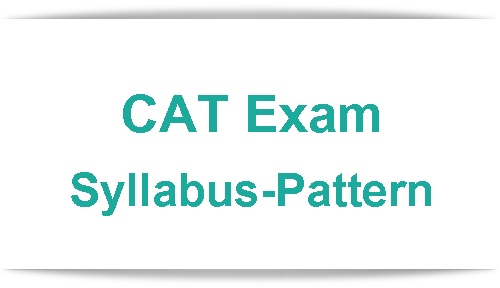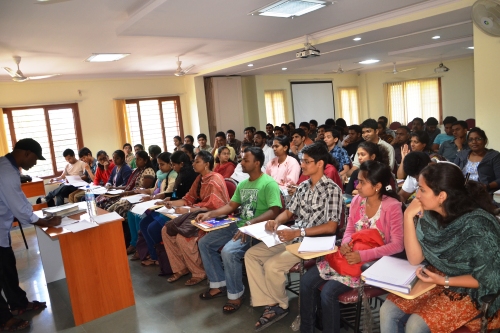Executive MBA In Hospitality Management: An Overview

Executive Master of Business Administration (EMBA) programs in hospitality management are designed for working professionals in the field. Coursework consists mostly of advanced business courses, and other classes may be incorporated according to specialization.
In general, EMBA programs in hospitality management admit only professionals working in an executive position or those who are expected to do so in the near future. Most EMBA programs operate around typical work schedules, with courses offered during the evening and on weekends. Students in most programs take advanced business courses and work with executives from different industries on collaborative projects.

An Executive Master of Business Administration in hospitality management offers working professionals more advanced training. Students of EMBA in hospitality management programs learn how to reconcile the needs of the guests with the capacities of an organization and the capabilities of its employees. They learn to develop and implement efficient and profitable hospitality systems by understanding overall business models. Other specialized courses are available, such as wine and food classes. Subjects that commonly appear in the curriculum include the following:
Lodging managers, a common position for graduates of hospitality management programs, made a median annual salary of $47,680 as of May 2014, according to the U.S. Bureau of Labor Statistics (www.bls.gov). The top 10% of lodging managers made $94,780 or more that same year.
The employment of lodging managers was expected to grow 1% between 2012 and 2022. This slower-than-average growth was due to smaller staffs and more efficiently run organizations.
An EMBA is the terminal degree for a management professional working within the hospitality industry. Although doctoral degree programs in hospitality management are available, the Ph.D. program is intended for those who wish to become professors or researchers rather than work for a hotel, tourism or restaurant establishment. Hospitality industry students who wish to pursue a career in management do not have to face the tough CAT exam pattern.
